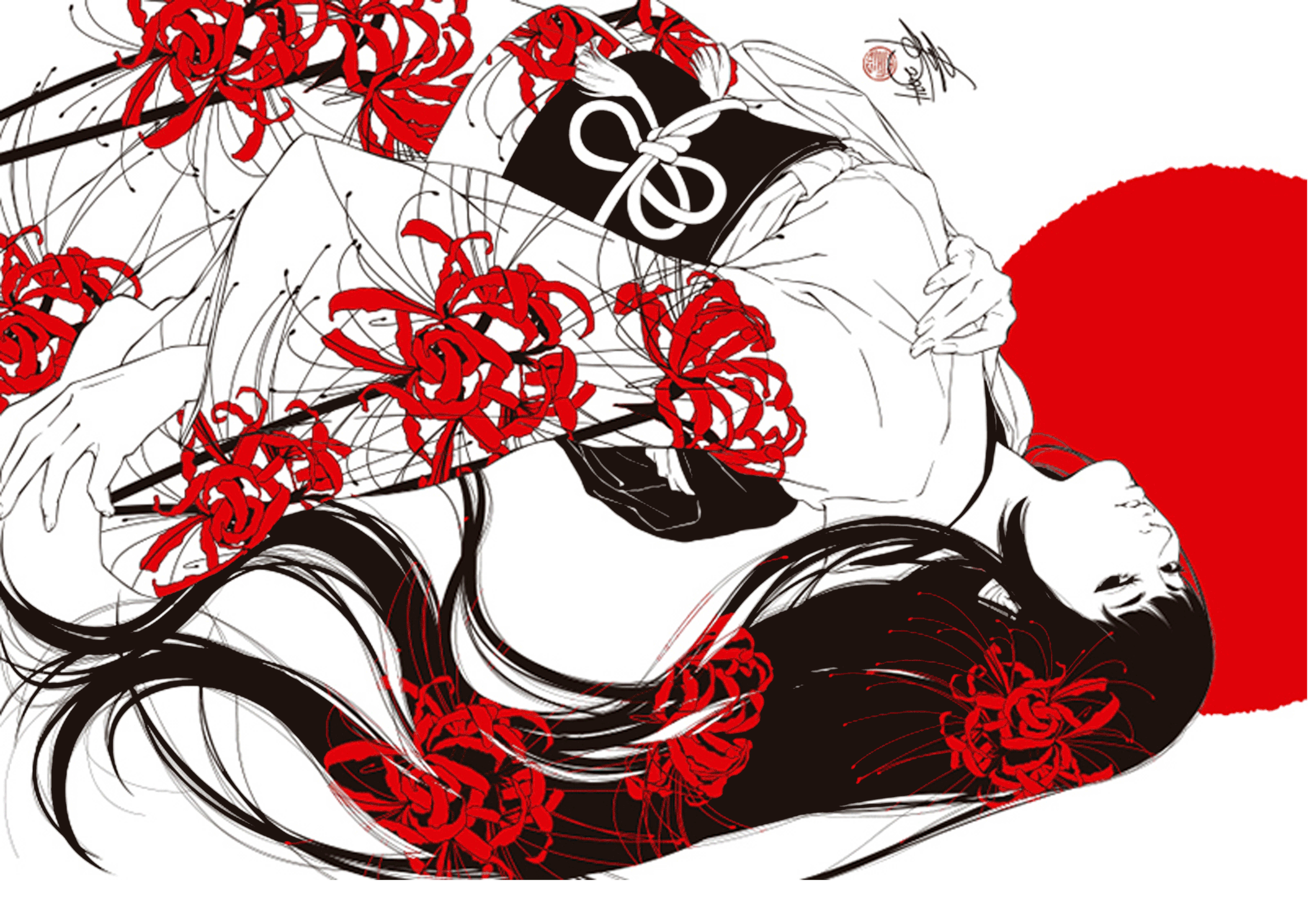And did you make the right choice?
The right choice would have been not getting back together with either of them in the first place.
That’s what I would have told you. But, as I have said before, you probably would not have listened anyways. In the end, you have to lie in the bed you have made. So, Peadar, why did you choose Haruka?
A better question to ask would be: why did I not choose Akané.
Yes, why not Akané? You loved her. And, she adored you.
She did, yes.
Hurts to think about it, doesn’t it, Peadar?
Yeah . . . You know, it used to baffle me how ugly some of the wives of the more established Japanese men could be.
Ugly? That’s awfully severe.
Homely, then. Homely and frightfully dowdy. The wives of doctors, university professors, executives, and successful lawyers here in Japan are often . . . well, dogs. In the States, the trophy wife is so commonplace—you know, successful men marrying beautiful women—that the well-to-do end up having children that have a highly-burnished look. Not always, of course, but often. After several generations of this virtuous cycle, the result is a class of attractive people, exuding wealth and confidence. Not so in Japan. The men—or, more accurately, their parents—are so concerned that a bimbo will disgrace the family name that the men often end up marrying the type who won’t ever win a beauty pageant, but who won’t embarrass the family, either. There’s a saying in Japanese: bijin wa akiru, busu wa nareru.[1]
Which means?
“When it comes to women, you’ll eventually get bored with a beauty and used to a dog.”
Those enigmatic Japanese . . . So, you went for homely, then?
Haruka was not homely. She just wasn’t a head-turner. But . . .
She wouldn’t embarrass you.
She was from a middle-class background. By no means rich, but she had been raised and educated well enough that she knew how to speak to people. Actually, she was very good with people. Extremely good. She could have a conversation with just about anyone and the person would leave with a favorable impression of her. It never ceased to amaze me how easy it was for her to make friends.
And Akané?
I think men liked her. She was young, cute, full of energy, compulsive. What was there not to like? Women, unfortunately, thought she was a bimbo. I had been in Japan long enough by then to worry about what people thought about me.
Better late than never.
Yeah, well . . . I didn’t want people talking behind my back, saying things like, “That Peadar is awfully nice, but his wife . . . oh, dear! What was he thinking marrying a floozy like that?”
So, that’s why you dumped the poor girl?
It wasn’t only that. There was the question of her family, too.
Her family?
I met Akané’s “sister”. I don’t remember what the exact relationship was—her mother’s younger sister, or perhaps an older cousin. At any rate, she always called this woman “big sis”[2] and would sometimes invite her out on dates with us. Big sis was in her mid-to-late thirties, very tall and slim. Akané told me she had once been a model and it was easy to see why. The funny thing, though, was that Akané, as small and petite as she was, nevertheless tried her damnedest to emulate that big sis of hers, imitating the way she dressed and kept her hair, smoking the same KOOL menthols the woman smoked, and so on. Big sis, however, was no fan of yours truly.
No?
The woman came off as jaded. She’d probably had her own share of gaijin boyfriends over the years and didn’t trust me. At least, that’s how I felt around her. The thought of having this woman in my life, glowering at me for years on end, was a real turn off. Haruka’s younger sister, on the other hand, was rather sweet, demure . . .
You met with both their families?
No, no, no. You should understand that in Japan you normally don’t do such a thing until you’re absolutely committed to getting married. You meet surrogates, instead. Friends, first. Then, maybe a sibling or two. And once you’ve cleared those hurdles and you’re ready to do the formal engagement ceremony you meet with the parents. I wouldn’t meet with Haruka’s mother until less than a month or so before we got married.
Not her father?
Haruka’s father had been dead for about ten years by then.
What is it, Peadar, about you and women with dead or absentee fathers?
I do not know. Mié’s father had also died when she was young.
Yes, I remember. What about Akané’s father?
That was the thing: he was a taxi driver.
You dumped Akané because her father was a taxi driver?
No, no, no. I’m sure taxi drivers are fine people. It was just one more thing. As much as I liked . . . even “loved” Akané, I just couldn’t picture myself marrying her and being part of that world.
You could have always left Japan. It wouldn’t have mattered then what her background was.
True. But then, I wasn’t planning on leaving Japan anytime soon.
[1] 美人は飽きる、ブスは慣れる (Bijin-wa akiru, busu-wa nareru.)
[2] お姉さん (o-nē-san) is what most Japanese call their elder or oldest sister, but the term of endearment can also be used for any woman who is not yet old enough to be called an oba-san (小母さん), an “auntie”.
A Woman's Hand and other works are available in e-book form and paperback at Amazon.
